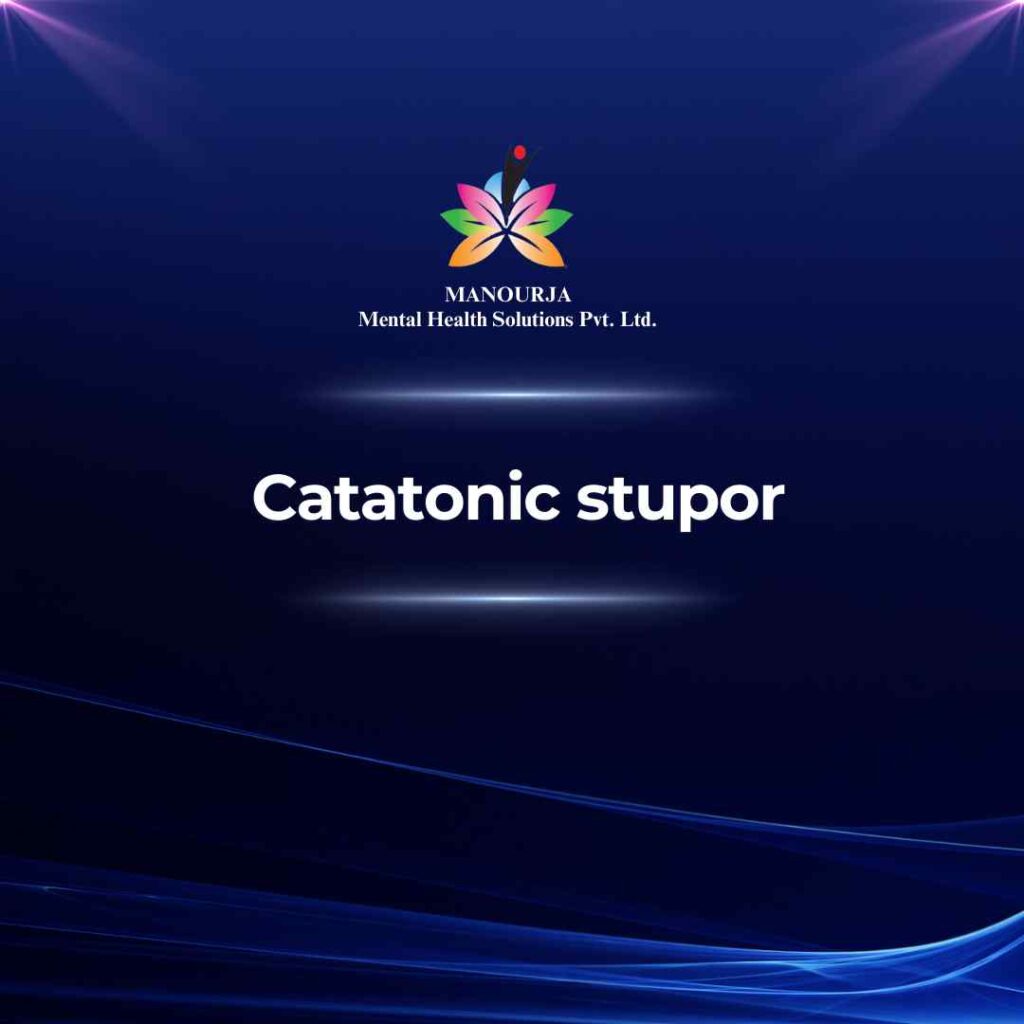Catatonic Stupor

Catatonic stupor is a state of profound psychomotor retardation characterized by immobility, mutism, and unresponsiveness to external stimuli. Individuals experiencing catatonic stupor may appear motionless and withdrawn, with markedly reduced spontaneous movement, speech, and interaction with their surroundings. This state of extreme psychomotor inhibition can resemble a coma-like state, although individuals remain conscious and aware of their surroundings.
Catatonic Stupor as a Sign of Mental Illness
Catatonic stupor is considered a hallmark symptom of catatonia, a neuropsychiatric syndrome associated with various mental health disorders. While catatonia itself is not a specific mental illness, it is frequently observed in the context of other psychiatric conditions, particularly mood disorders such as major depressive disorder and bipolar disorder, as well as schizophrenia and other psychotic disorders.
Mental Health Conditions Associated with Catatonic Stupor
Major Depressive Disorder with Catatonia:
- Catatonic stupor is commonly observed in severe cases of major depressive disorder, where individuals may experience profound psychomotor retardation and withdrawal from their environment. They may appear motionless, unresponsive, and emotionally detached.
Bipolar Disorder with Catatonia:
- Individuals experiencing catatonic episodes during manic or depressive episodes in bipolar disorder may exhibit symptoms of catatonic stupor, characterized by immobility, mutism, and reduced responsiveness to external stimuli.
Schizophrenia with Catatonia:
- Catatonic stupor can occur in individuals with schizophrenia during acute psychotic episodes or catatonic states. They may display extreme psychomotor inhibition and withdrawal from their surroundings, resembling a state of profound apathy and disengagement.
Catatonic Disorder Due to Another Medical Condition:
- Catatonic stupor may arise secondary to medical conditions such as neurodevelopmental disorders, metabolic disorders, or neurological diseases, where it may represent a manifestation of underlying brain dysfunction or neurological impairment.
Catatonic stupor requires prompt evaluation and management by mental health professionals to address underlying psychiatric or medical conditions contributing to the symptoms. Treatment approaches may involve medication (such as benzodiazepines or electroconvulsive therapy), supportive care, and addressing any precipitating factors or comorbidities associated with catatonia. Early recognition and intervention are essential for optimizing outcomes and preventing complications associated with catatonic states.
At MANOURJA, we believe in the transformative power of counseling. Our experienced therapists offer a safe and supportive space where you can explore your thoughts, emotions, and challenges. Through personalized counselling sessions, we’ll work together to develop coping strategies, build resilience, and achieve lasting positive change. Discover the path to a healthier, happier you with MANOURJA counselling services.
MANOURJA Rehabilitation Services
At MANOURJA, we’re dedicated to helping you in rebuild your life, after difficult times. Our rehabilitation services focus on understanding what you need to move forward, whether you’re recovering from addiction, trauma, or any psychological – social challenges. We create personalized plans, that are all about helping you, regain your strength and find hope again. With a caring team by your side, you’ll have the support to make real progress and take steps toward a brighter, healthier future.
